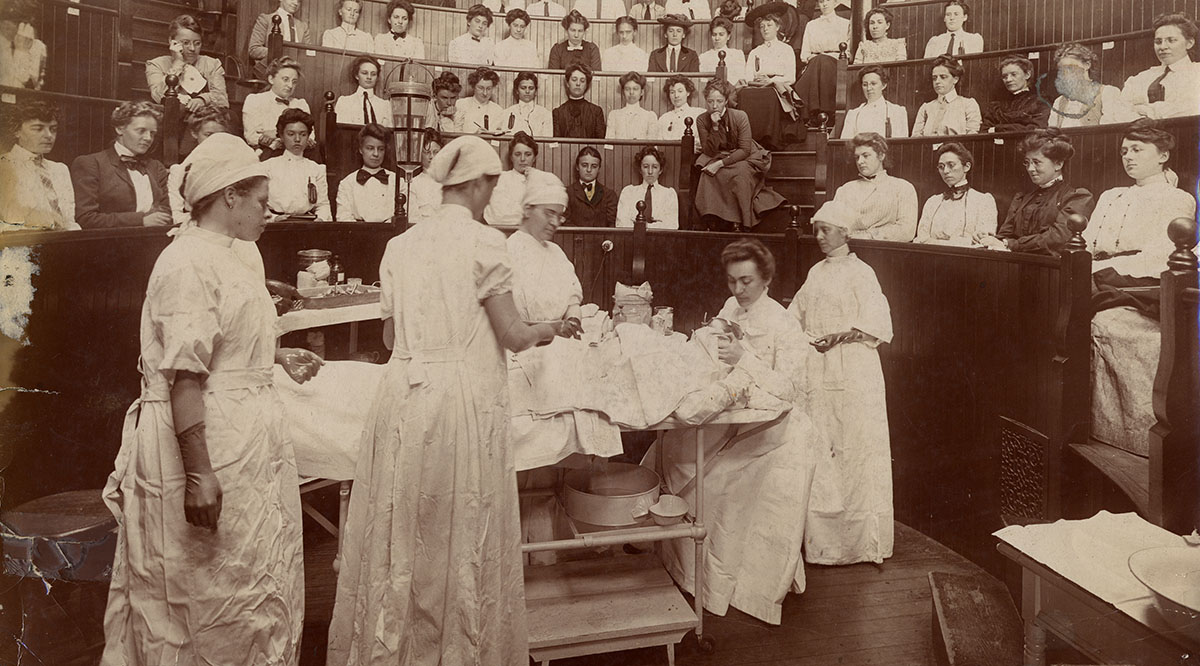
FAQ About Women in the History of Medicine
Women in the History of Medicine
2 years ago | gizem
How did the development of birth control impact women's reproductive health and medicine?
The development of birth control methods had a profound and multifaceted impact on women's reproductive health and medicine. Here are some key ways in which the availability and use of birth control transformed these aspects of women's lives:
- Empowerment and Family Planning: Birth control allowed women greater control over their reproductive choices and family planning. It enabled them to make decisions about when and how many children to have, leading to greater autonomy in their lives.
- Reduced Unintended Pregnancies: Access to effective birth control methods significantly reduced unintended pregnancies and the associated physical, emotional, and financial burdens. This helped improve maternal and child health outcomes.
- Health Benefits: Some birth control methods, such as hormonal contraceptives, offer additional health benefits beyond contraception. For example, oral contraceptives can regulate menstrual cycles, reduce menstrual pain, and lower the risk of certain medical conditions, like ovarian cysts and endometrial cancer.
- Advancements in Reproductive Medicine: The development of birth control methods, particularly hormonal contraceptives, contributed to advancements in reproductive medicine. Researchers gained a better understanding of hormones and their role in the female reproductive system, leading to innovations in infertility treatments and reproductive health care.
- Sexual Freedom and Education: Birth control allowed couples to engage in sexual activity without the constant fear of unintended pregnancy. This contributed to changing societal attitudes toward sexuality and paved the way for comprehensive sex education programs.
- Legal and Social Change: The availability of birth control methods played a role in legal and social changes related to reproductive rights. It contributed to the broader women's liberation movement and the push for legal access to abortion.
- Economic Impact: Women's ability to plan their pregnancies had economic implications, as they could pursue education and careers more effectively when they had greater control over their reproductive health.
- Research and Development: The development of birth control methods spurred research and development in the field of reproductive health and medicine. Scientists and pharmaceutical companies invested in contraceptive research, leading to the development of safer and more effective birth control options.
- Challenges and Controversies: The availability of birth control also sparked debates and controversies, including ethical, religious, and moral considerations. These discussions continue to shape the landscape of reproductive health and healthcare policy.
- Global Impact: Birth control had a global impact on women's reproductive health by reducing fertility rates in many countries. This demographic transition led to changes in family structures and economic development.
